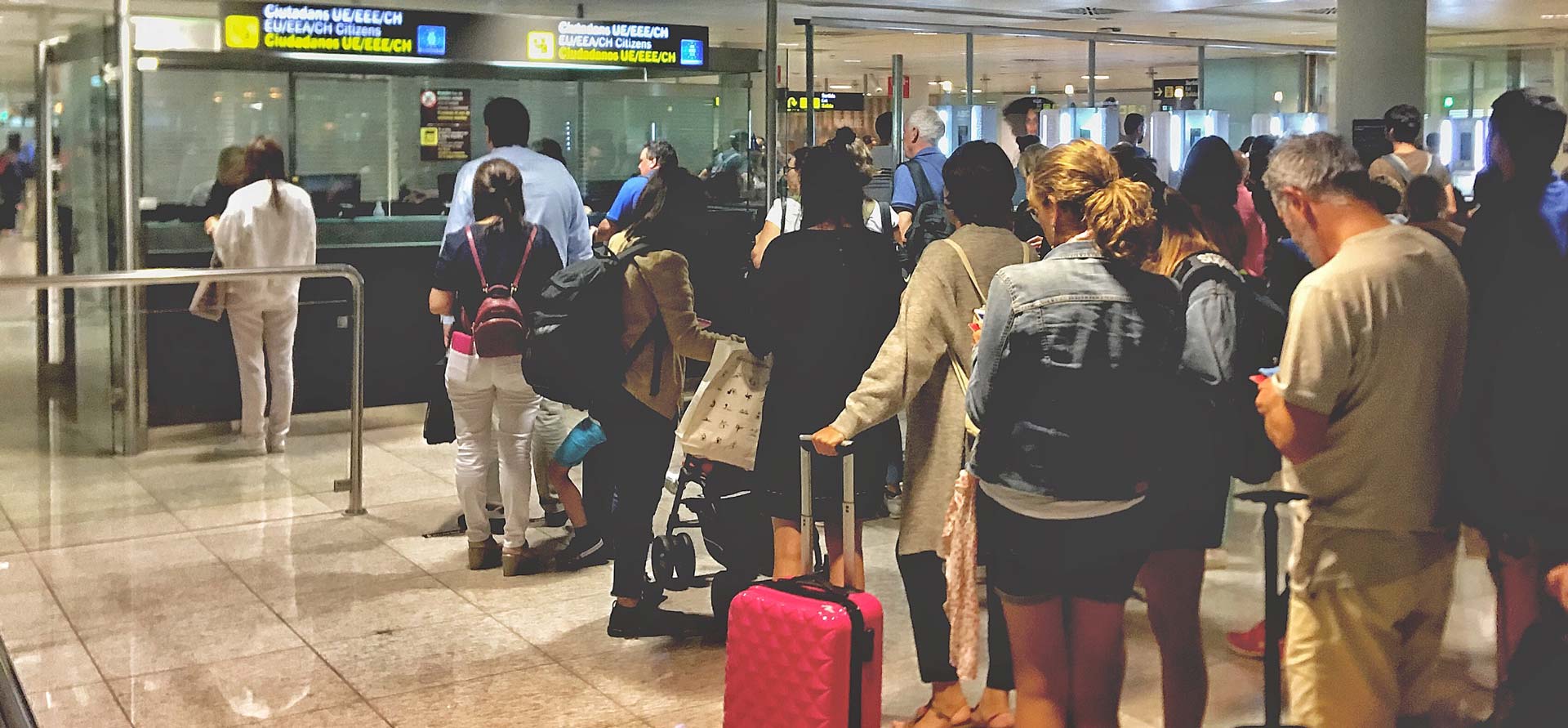I wanted to share some of the reasons that the Canadian Civil Liberties Association is not giving up on our fight for Canadians’ mobility rights during COVID, and why we’re appealing the decision of the Newfoundland and Labrador Supreme Court of a few weeks ago, upholding that province’s travel ban. Under the current restrictions, individuals from outside of Atlantic Canada cannot enter the province absent a special exemption.
Some have questioned why this is a fight we think is important. Many have even suggested there is something reckless or selfish about challenging the rules that are ostensibly in place to protect provincial residents (particularly if they seem to be working). But there is much more than the validity of a single travel restriction at stake here. Asking governments to defend their decisions before our courts is an exercise in civic engagement – one we think is vitally important.
In normal circumstances (i.e. pre-COVID), we are all expected to obey the law. But since March, those laws have become both ubiquitous and, in many cases, hard to follow. Some of the recommendations and regulations coming from one level of government conflict with those coming from another. Some change so quickly we can’t keep up. And some just don’t make sense – they appear arbitrary and largely unconnected to the goal of keeping infection rates low or protecting the most vulnerable.
Some of the rules around interprovincial travel demonstrate arbitrariness par excellence. In the case of Newfoundland and Labrador, a resident of that province can travel to Ontario and return to the province where they must self-isolate for 14 days. If a companion from Ontario wishes to join them (self-isolating separately), no dice – they cannot enter the province at all, absent a special exemption. A resident of Nova Scotia can enter Newfoundland without having to self-isolate, but someone who travels from Alberta to Nova Scotia and self-isolates there will have to do so again if they enter Newfoundland and Labrador. In Manitoba, individuals traveling into the province from the west or from northwestern Ontario don’t have to self-isolate. Those entering from the east, including from Atlantic Canada, do. This rule might have made sense when it was first instituted in June. At that time, western Canada had significantly lower infection rates than Ontario or Quebec – although Atlantic Canada had lower rates too. But while the numbers have shifted since then, the rules haven’t. Why?
One reason is that when the government tells us a rule is in place for our safety, it can become very difficult for them to say it’s no longer necessary, even if there is not a compelling rationale to justify keeping it in place. That is one of the reasons we worry about government power grabs and arbitrary rules during an emergency – they can linger. That worry is heightened in a situation like the one we face with COVID-19 – one where there is no clear or obvious path out of the circumstances in which we find ourselves. While many are pinning their hopes on a vaccine, there are no guarantees we will find an effective one, that it will happen anytime soon, or that it will be widely available and accessible to all those who want it or need it. In the face of all this, questioning and challenging rules that are arbitrary or unfair isn’t just our right, it is our responsibility. In doing so, we are drawing lines around the limits of the law, the limits upon governments, and the breadth of our Constitution.
About the Canadian Civil Liberties Association
The CCLA is an independent, non-profit organization with supporters from across the country. Founded in 1964, the CCLA is a national human rights organization committed to defending the rights, dignity, safety, and freedoms of all people in Canada.
For the Media
For further comments, please contact us at media@ccla.org.





